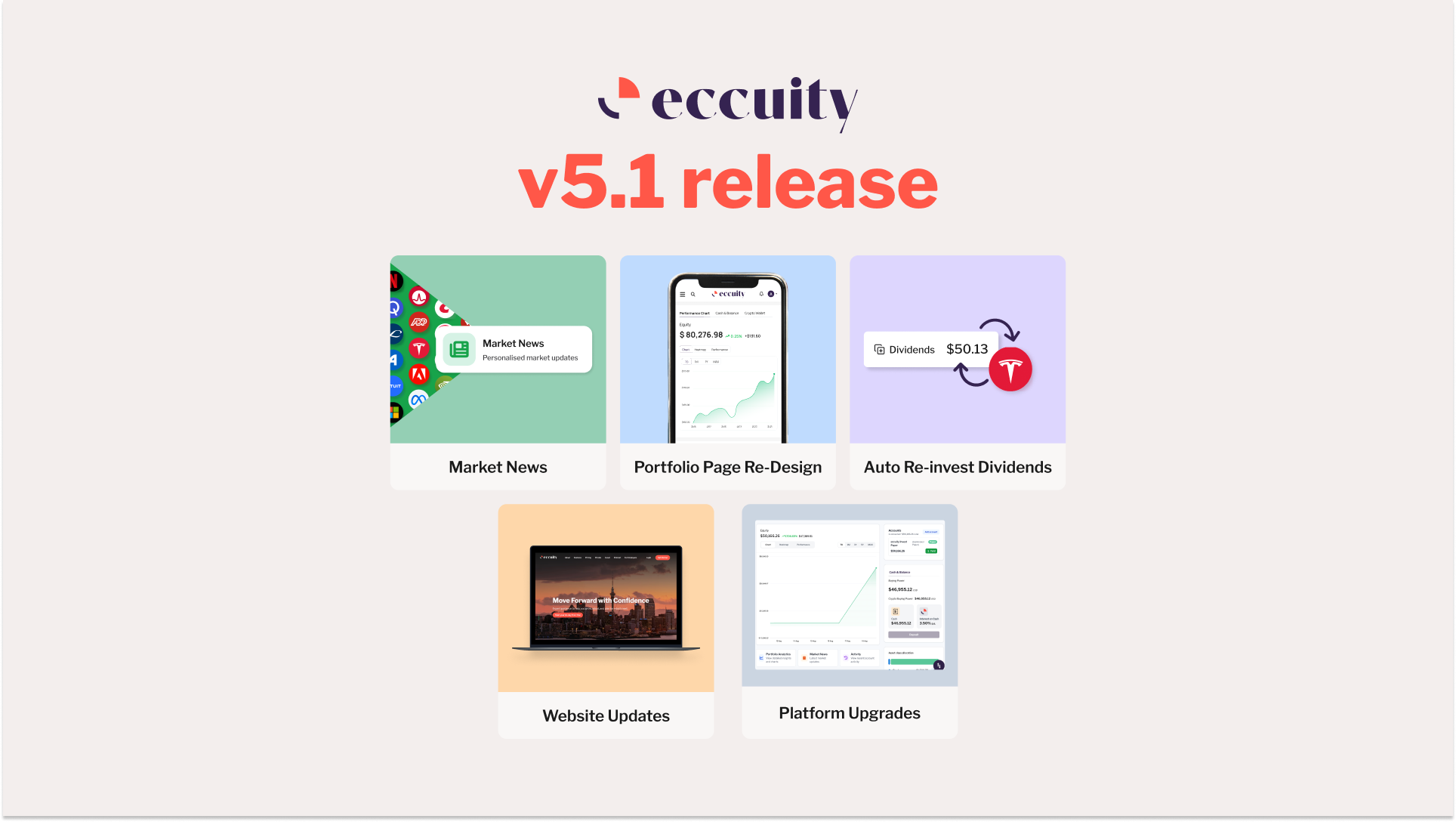Secondary Markets: An Introduction to Post-Issuance Trading
Secondary markets are financial markets where investors can buy and sell securities that have already been issued by companies. These securities can include stocks, bonds, and other financial instruments that were initially issued through a primary market, such as an initial public offering (IPO) or a bond offering.
Secondary markets exist because they provide liquidity to investors who hold securities that they want to sell. In a primary market, investors can only sell their securities back to the issuing company, which may not be interested in buying them back. In a secondary market, investors can sell their securities to other investors who are willing to buy them, providing a way to convert their investments into cash.
Secondary markets also provide a way for investors to buy securities that they might not have been able to purchase in the primary market. For example, if a company goes public through an IPO, investors who did not participate in the IPO can still buy the company's shares on a stock exchange, which is a type of secondary market.
One of the most well-known examples of a secondary market is a stock exchange, such as the New York Stock Exchange or the NASDAQ. These exchanges allow investors to buy and sell stocks of publicly traded companies. Other examples of secondary markets include bond markets, where investors can buy and sell bonds issued by governments and corporations, and derivative markets, where investors can buy and sell financial instruments that are derived from other assets, such as options and futures.
As an investor, you can participate in a secondary market by buying or selling securities that are traded on the market. For example, if you want to sell a stock that you own, you can look for buyers on a stock exchange or other secondary market. If you want to buy a stock, you can search for sellers on the same market and place an order to buy the stock at a specific price.
It is important to remember that participating in a secondary market carries risks, just like any other investment. Before buying or selling securities on a secondary market, it is important to carefully research the securities and the market conditions to make informed investment decisions.



.jpg)